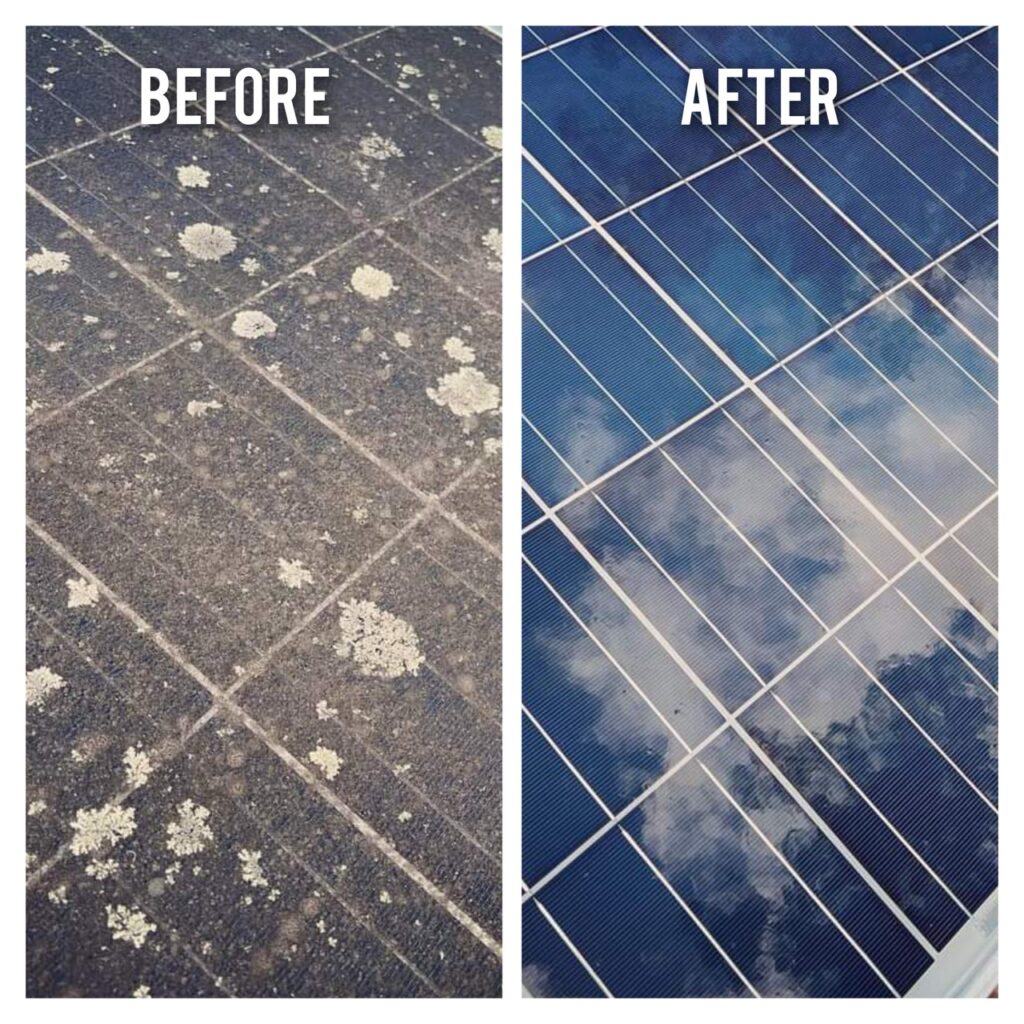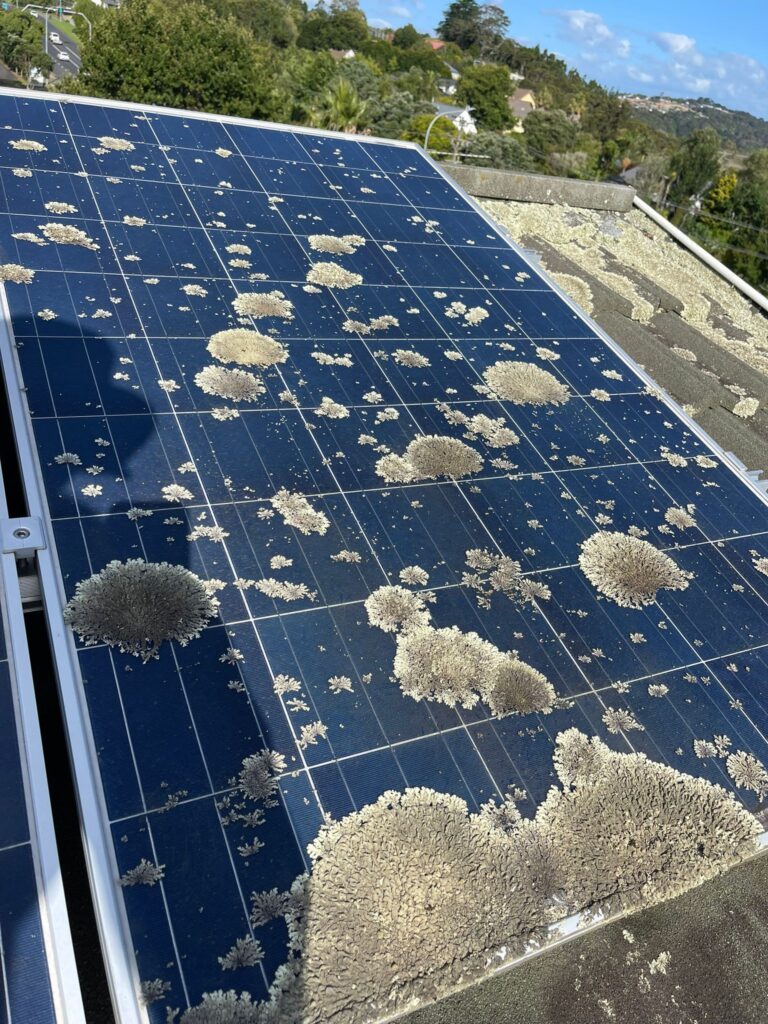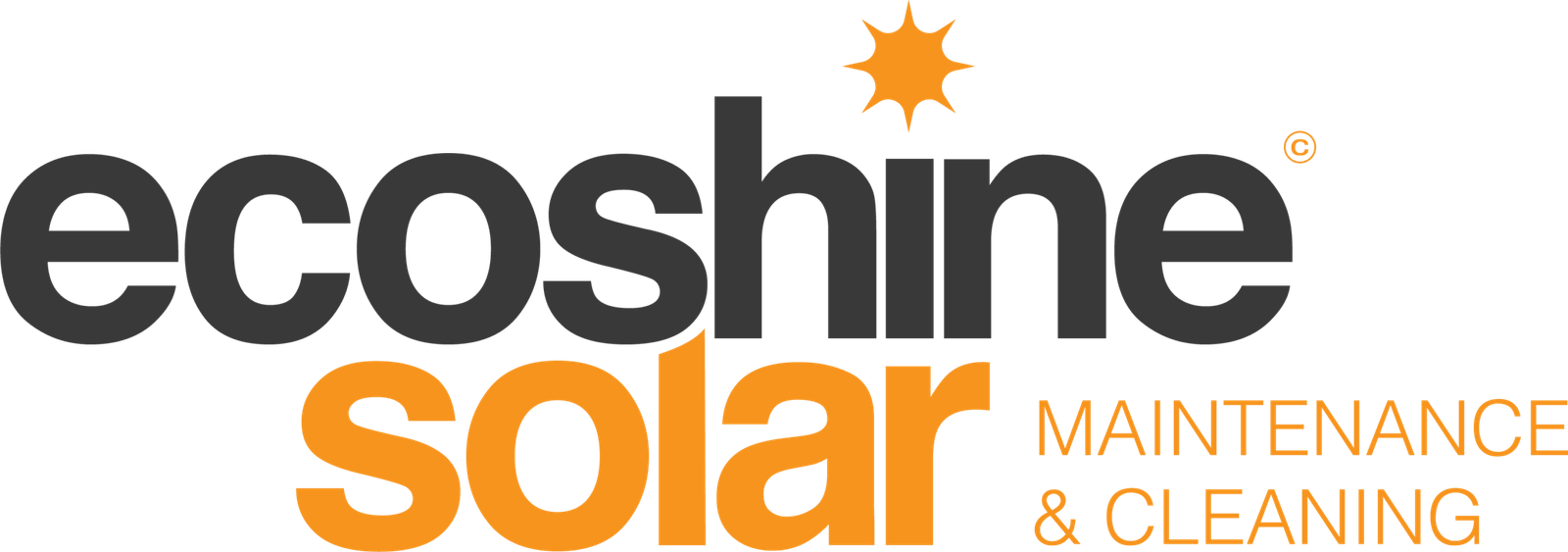
How Often Should You Clean Your Solar Panels?
As the number of solar systems increase here in New Zealand so does the number of people asking “how often they should we clean our solar panels”. We are sorry to tell you there’s not a one size fits all or an easy answer as it depends on many factors.
What we can tell you is the majority of our residential clients opt to clean once each year. This also includes a maintenance check giving them the peace of mind that everything is secure and working properly. Some of our commercial clients are on shorter cleaning cycles multiple times a year as their systems are usually larger, making even small drops and efficiency potentially costly.
Understanding the Need for Solar Panel Cleaning

New Zealand’s diverse climate, from the sun-soaked north to the more temperate south, influences the solar panel cleaning frequency. Various environmental factors, such as sea salt near the coast, and pollen and bird droppings, can significantly affect your solar panels’ performance. Regular cleaning helps maintain their efficiency and extends their lifespan, ensuring you get the most out of your renewable energy investment.
Solar Panel Cleaning Frequency in New Zealand
A general guideline is to clean your solar panels at least once a year. However, several local factors can necessitate more frequent cleaning:
- Location: Proximity to the ocean means dealing with salt mist, which can accumulate on the panels and hinder their efficiency. Similarly, areas close to agricultural fields or forests might see more dust and pollen accumulation.
- Weather Conditions: Regions with less rainfall might require more frequent cleaning as there’s less natural washing of the panels. Conversely, areas with high rainfall should still not overlook the importance of an inspection and clean, as rainwater alone may not remove all residues.
- Pollution Levels: Urban areas or regions near industrial activities may expose solar panels to higher pollution levels, necessitating more frequent cleaning to remove soot and chemical residues.
- Angle of Installation: Panels installed at a steeper angle are less likely to accumulate debris and may require less frequent cleaning compared to those installed at a lower angle.
Tailored Solutions for Kiwi Homes and Businesses
At Eco Shine Solar, we understand that every installation is unique. That’s why we offer tailored solar panel cleaning solutions to meet the specific needs of New Zealanders. Whether you’re a homeowner, a business, or a large solar farm, we adapt our services to ensure your solar panels remain clean and efficient, maximising your energy production and savings.
Don’t leave it until its too late!
A common problem we see is people that were maybe unaware that they needed to have their panels cleaned or because they can’t see them have no idea how dirty they are getting. There’s an old same good from afar but far from good. This definitely applies to solar we’ve had many cases, where we are looking at panels from the ground and they don’t look so dirty and it’s not until we get up close and see a thick layer of buildup on the panels and around the seals. The problem with not cleaning your solar panels for extended periods of time is the level of grime and dirt buildup including lichen and bird droppings can be extremely hard to remove and can potentially permanently damage your solar cells.
This is a big reason why we recommend regular cleaning as leaving your system for even just a couple of years depending on the location can result in permanent mineral staining, hotspots or water ingress which all shorten the life of the PV modules or even cause failure in rear cases.
DIY vs. Professional Cleaning
While some homeowners opt for DIY cleaning, it’s essential to consider the risks and limitations. Without the proper equipment and expertise, you might not only be putting your safety at risk but also potentially damaging your panels. Professional cleaning services, like those provided by Eco Shine Solar, ensure that your panels are cleaned safely and thoroughly, using the right techniques and eco-friendly cleaning agents.
Conclusion
Keeping your solar panels clean is crucial for their efficiency and longevity, especially in New Zealand’s varied environmental conditions. By understanding the factors that influence cleaning frequency and opting for professional maintenance, you can ensure that your solar energy system performs at its best, delivering maximum benefits for your home or business.
For tailored solar panel cleaning services that cater to the unique needs of New Zealanders, reach out to Eco Shine Solar. Let us help you maintain your investment and enjoy the full benefits of clean, green solar energy.
Why is it necessary to clean solar panels regularly in New Zealand?
In New Zealand, regular cleaning of solar panels is crucial due to the country’s diverse climate and environmental conditions. Factors like pollen, sea salt, bird droppings and lichen can all accumulate on the panels, obstructing sunlight and reducing efficiency. Regular cleaning ensures that these elements do not hinder the solar panels’ ability to generate power, thereby maintaining their efficiency and prolonging their lifespan.
Can rainfall replace the need for manual cleaning of solar panels in New Zealand?
While rainfall can help rinse away some surface dirt, it is not enough to thoroughly clean solar panels in New Zealand. Rainwater often leaves behind a residue, and it cannot remove more stubborn accumulations like bird droppings or the buildup caused by sea salt in coastal areas. Therefore, manual cleaning or professional cleaning services are recommended to ensure your solar panels are clean and functioning optimally.
How does the cleaning frequency of solar panels in New Zealand compare to other countries?
The recommended cleaning frequency for solar panels in New Zealand is influenced by its unique environmental conditions, which can differ significantly from other countries. For example, areas with high pollen or coastal regions in New Zealand may require more frequent cleaning compared to less exposed regions. In contrast, solar panels in drier, less volatile climates like some parts of Australia or the Southwestern United States might not need to be cleaned as often. Ultimately, the cleaning schedule should be tailored to the specific conditions each installation faces, regardless of the country.

